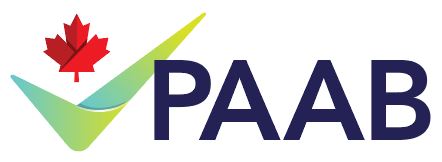Hello @username
1.4D states: “The Code applies to all Advertising/Promotion Systems and corporate messages directed to licensed members of the professions of medicine, dentistry, naturopathy, homeopathy, nursing, pharmacy and related health disciplines, to institutions, and to patient information that will be distributed by or recommended by a healthcare professional.” Please also see Code section 7.4 for direction of corporate advertising.
The Code also states that a corporate message may be considered exempt if it meets 1.5E “Corporate Messages that do not Contain Product Information or Product Lists”.
The Distinction Between Advertising and Other Activities states: *Corporate messages - A corporate message is a communication (such as a website, brochure, published article, prospectus or annual report) that gives information about a health product manufacturer or organization. This information could be on the philosophy, activities, product range (by name), financial details and/or area of future development or research. Corporate messages, or information disseminated through corporate messages, may be considered promotional if:
they seem to provide information about the health products being marketed, developed or researched rather than the manufacturer or organization
there is far more information about the health product being marketed, developed or researched than simply its name and the therapeutic area
in the case of unauthorized drugs or an unauthorized indication, there is no mention that the product's safety and efficacy is still under investigation and that Health Canada has not yet granted market authorization*
Given that we do not know the specifics of the content, it is hard to say if this would qualify as an exempt or non-promotional message. It seems probable that a discussion around manufacturing practices and processes may have implications for brands (e.g., manufacturing process of monoclonal antibodies could easily have implications for the safety and efficacy of the brands mentioned and linked on the parent company website) rather than the manufacturer’s philosophy, activities, or areas of future research and development. We would recommend submitting for an opinion. As a courtesy, if it requires review and you know you will proceed with that review should that be the case, we suggest including something similar to “If this does not meet exemption criteria we would like to proceed with a full review” in the cover letter so as to not incur a new file new fee upon submission for review (see PAAB Policy and Procedure for Exemption Requests).
You may also find Q&A 440 helpful.
